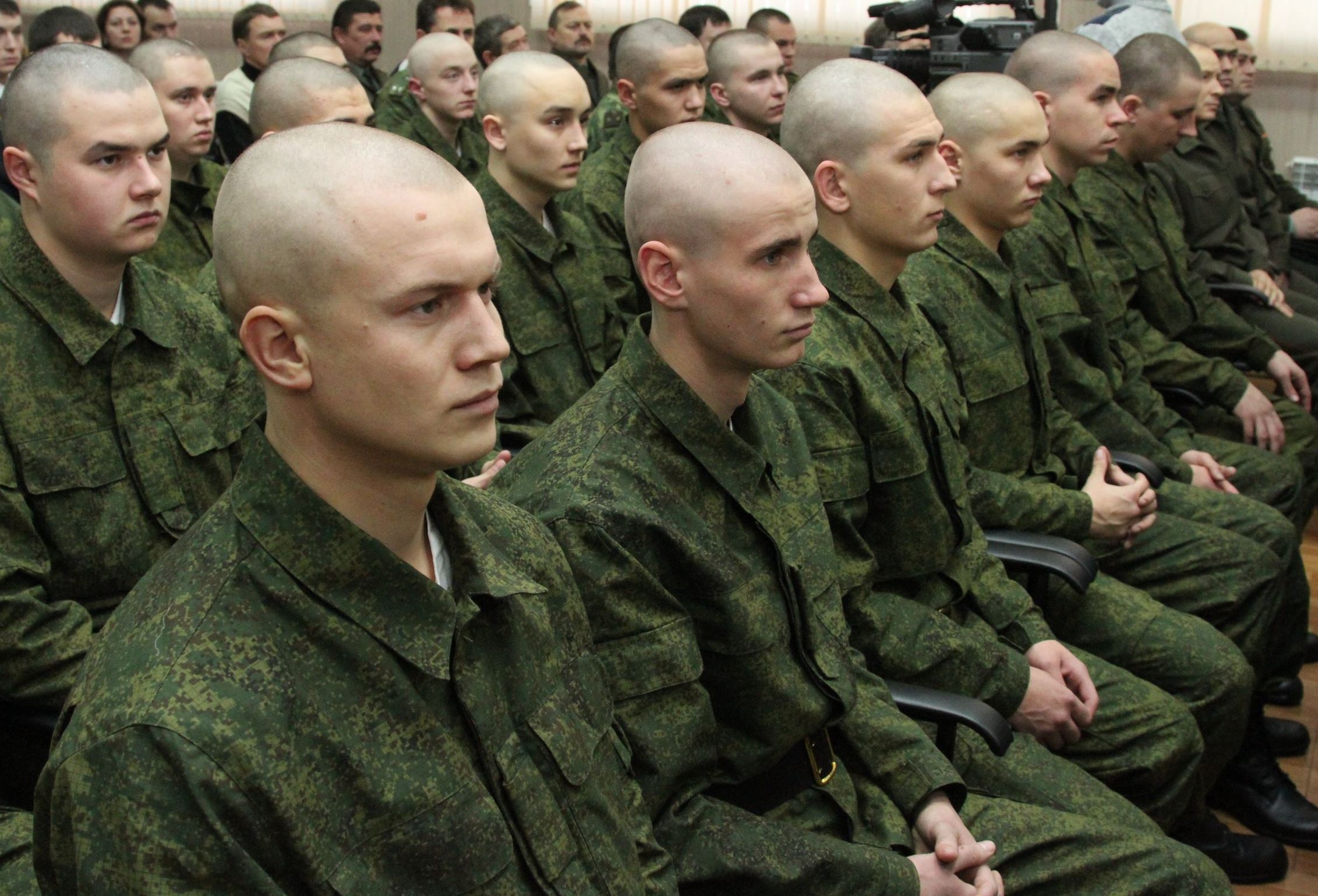Parties continue recruiting election activists; activity against the “conscription law” is growing
 The situation has not changed
The situation has not changed

Political organizations have stepped up educational and mobilization activity among their supporters in the lead-up to the elections: primarily Tell The Truth, centre-rightists and Social Democrats. A decentralized but coordinated movement against the adopted controversial amendments to the conscription law, aka ‘the Raukou’s law’ is gaining momentum in the regions.
Despite the authorities’ reassuring measures to suspend the construction of a battery plant in Brest, protest activists aim to nominate several candidates in the upcoming parliamentary election promoting an environmental agenda.
So far, there were no public efforts to politicise people’s discontent with ‘the Raukau’s Law’, or public statements about the nomination of candidates from youth movements. However, protest activists have started building a horizontal network in all regions using instant messengers. Such activists say they intend to operate exclusively within the existing legislative framework. The authorised public activity is likely to increase in late August-early September, which will coincide with the collecting of signatures for candidate nomination.
As the election campaign draws closer, the discussion about the participation and non-participation in the elections is gaining momentum. The boycott strategy is primarily supported by those activists who have long been in the opposition and participated in the elections in the past. For instance, the Belarusian Popular Front may encounter difficulties in finding and nominating candidates from the regions.
Meanwhile, some political organisations seek to recruit activists and candidates through their regular and ongoing activities on local, social and protest agenda: such as Brest-based Social Democrats, centre-rightists, Tell The Truth, and, likely, some supporters of MP Kanapatskaya. In addition, opposition communists (the Fair World party) usually nominate dozens of candidates by party decision.
Overall, political organizations are likely to attempt to benefit from the existing protest moods in society due to poor decisions by local authorities on urban and environmental issues and discontent youth after the adoption of ‘the Raukau’s Law’ restricting deferment from the army service.
Subscribe to our newsletter




Situation in Belarus
Constitutional referendum: main consequences


 Video
Video
How to count the political prisoners: are the new criteria needed?


 Video
Video
Paternalism In Decline, Belarusian Euroscepticism, And The Influence Of Russia


 Video
Video












